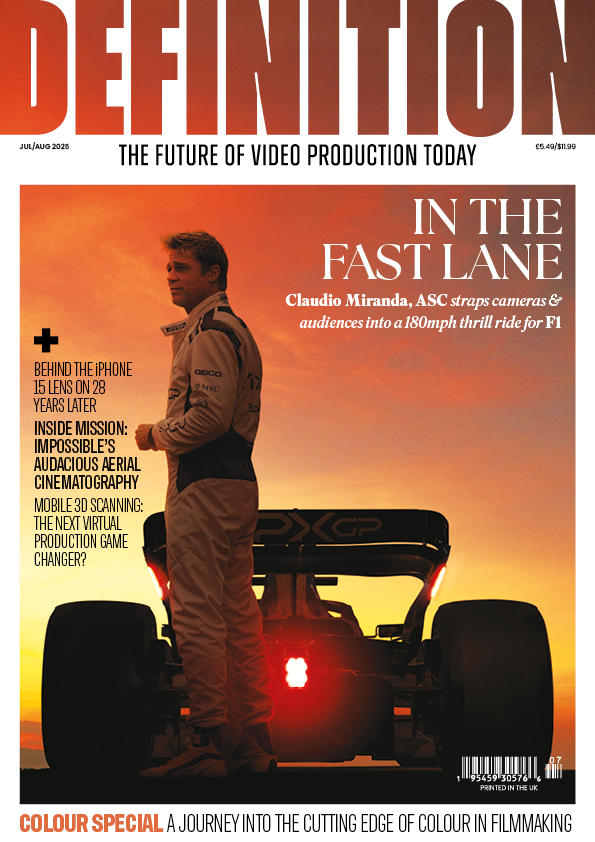
‘Let Them Watch Cake’ – The BBC’s Sinking Feeling
Posted on Oct 9, 2015 by Adam Garstone
The BBC may have problems, but making programmes isn’t one of them.
This week Doctor Foster was watched by nearly eight million people. Unfathomably (it’s a show about cake!) the Great British Bake Off final was watched by 13.4 million people, making it the most watched show on TV this year. Strictly Come Dancing attracts around the eight million mark and even Antiques Roadshow averages over 5.5 million. Panorama, Horizon, Imagine and The Culture Show might not get the overnight viewing figures of the cake programme, but they are extraordinary threads in their own ways, and the output of the BBC Natural History Unit is legendary worldwide.
At the launch of the #LetItBeeb campaign, Brian Eno said (about music, but it’s applicable to TV too):
“There are very good economic reasons for not fixing what isn’t broken: the British music scene is a huge export earner, and I think everybody in the business would agree that the BBC is a fundamental part of that success. But there is another, possibly more important reason, for retaining the broad-based service that no commercial operator would be able to offer. The inclusivity that the BBC represents engenders tolerance, assimilation, integration, and a sense of shared community. In a multicultural society, that’s worth a lot.”
The deck chairs have been rearranged at the BBC more than once, but it is the corporation’s unique position in the market, and its talented programme makers that have always prevented it from sinking.
That, however, may be changing.
There is a great deal of uncertainty at the programme-making level at the BBC. There are two main causes of worry. Much of the BBC’s production is to be hived off into ‘BBC Studios’, a separate corporate entity which may, eventually, be removed from the publicly funded umbrella of the BBC. Along with that comes removal of the ‘in-house guarantee’, whereby 50% of the BBC’s broadcast output is produced by the corporation. Many employees don’t understand how they will retain their jobs when there is no guarantee that there will be programmes to make. The pay-off of the reorganisation is that BBC Studios will be able to pitch to make programmes for other broadcasters, possibly filling the void.
Of course, people don’t like change, but some are being frightened into taking voluntary redundancy or are just leaving for greener pastures. Those who are intending to leave and become freelance rationalise it thus: If the reorganisation is a disaster, then they are likely to be made redundant with unfavourable terms, so it’s better to leave now, whilst the voluntary redundancy terms are good. If, however, BBC Studios is a triumph, then they will probably get plenty of freelance work from their ‘nourishing mother’ anyway.
The managing of change in any organisation is fraught with difficulty. It’s often forgotten, by politicians and managers alike, that the BBC doesn’t make programmes – people make programmes. In the political wrangling; in the newspaper scandals; in the corporate reorganisations; in the budgeting meetings; the people working to entertain us with a collapsing Religieuse à L’Ancienne* get lost. I hope, for the sake of some of the best TV in the world, that the corporation manages to hold onto the current generation of the kind of talent that it has been nurturing for the best part of 100 years.
*A three tiered mountain of éclairs in the shape of a nun – I kid you not.













